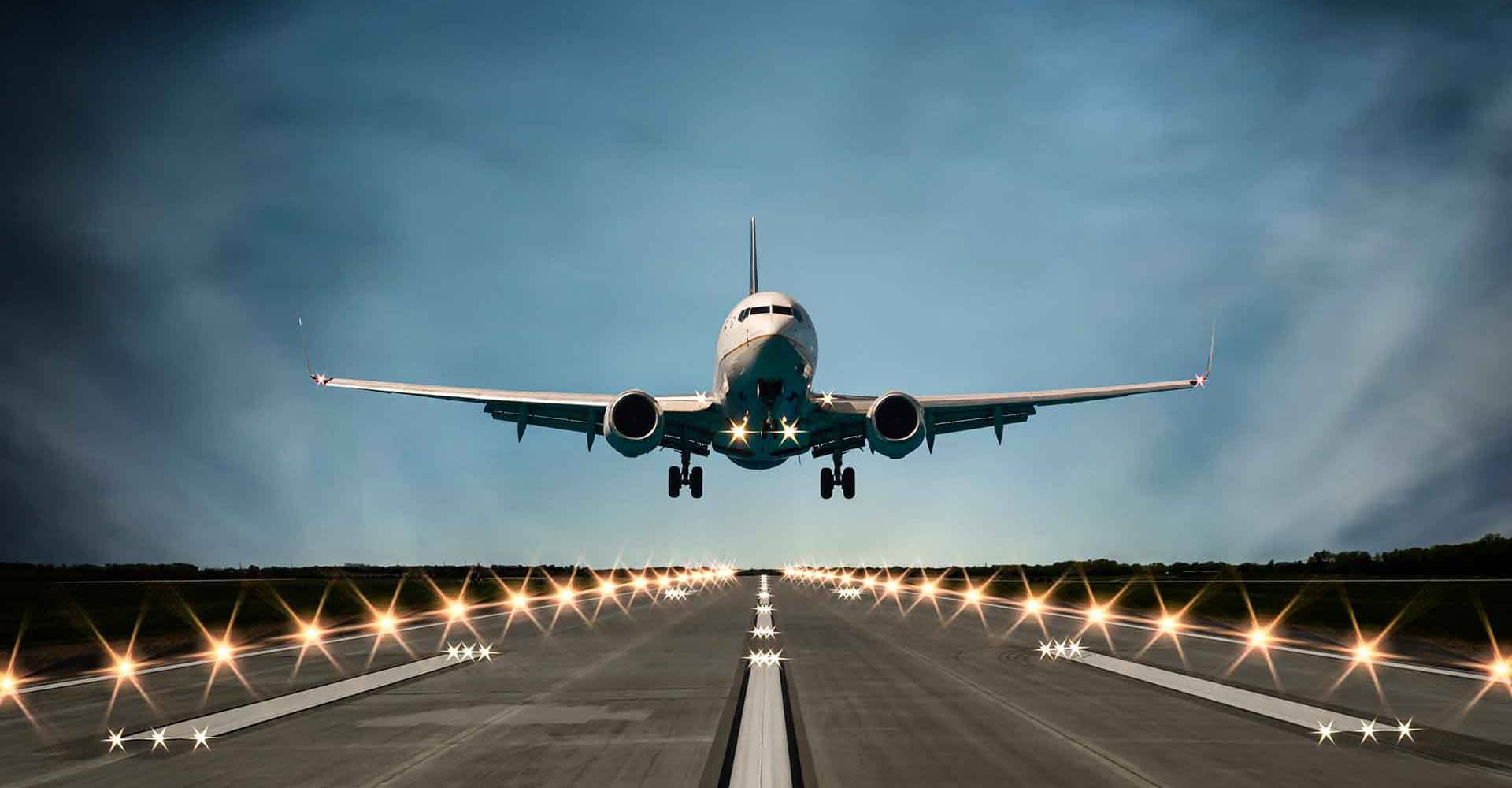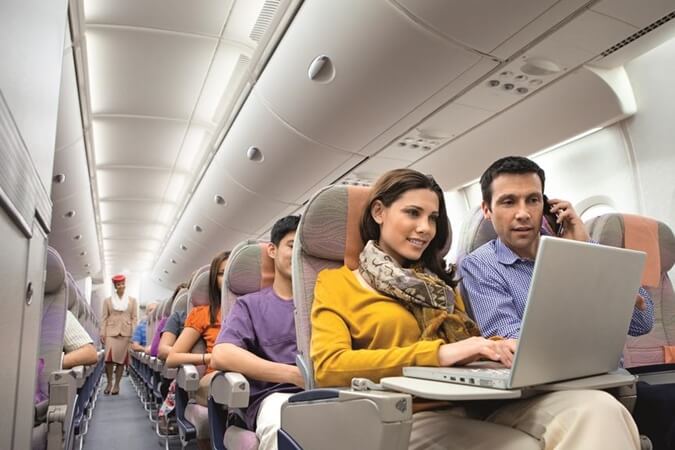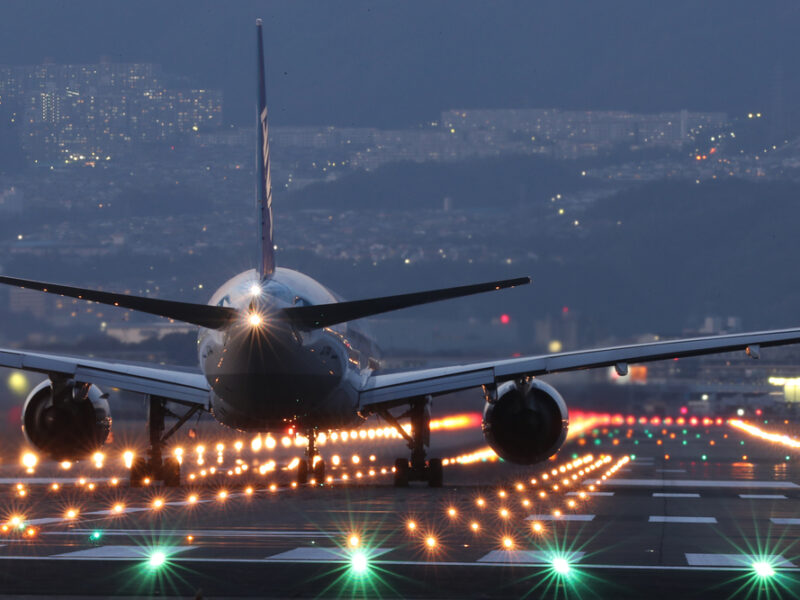People utilize technology even more in their daily lives as the significance of technology grows. Many activities are now completed with the assistance of technology, if not wholly by it. The digital wave has had a rippling effect throughout sectors and organizations, and the aviation sector is no exception. Nevertheless, it does not count as one of the technology originators. Rather, it is just responding to and keeping up with the latest technological advances and passenger needs and expectations.
Technology’s Impact on Airline Industry is that it has made traveling more efficient and adaptable, from booking tickets to designing and manufacturing planes. Passengers now have total autonomy over airline tickets and seat selection, thanks to the Internet’s growth. Technology has made it feasible for knowledgeable passengers to obtain inexpensive prices on several routes thanks to the flexible and sophisticated pricing system. Security and the entire consumer experience have both benefited from technological advancements. And because innovation is only going to improve, it’s only right that we examine how it’s being used now and where it may go from here.

Read: How Technology Can Change The Air Cargo Industry
The technology impact on everyday living cannot be underestimated. Indeed, technological advancements have benefited a wide range of aspects of our lives, from transportation to shopping. There is nothing that hasn’t been improved upon by big and little technology developments these days. Despite the inability to completely regulate sociological, and economic concerns, technology is taking over as the leading concern. The aviation business is in a state of flux, thanks to cutting-edge forms of transportation like Hyperloop and the rising importance of extremely complex technologies. Long-distance flights are still typically taken by plane, but if the aviation industry fails to keep up with technological advances, the tides may shift against it.
Mobility is at the heart of the financial and social structure, whether it be by air, road, or sea. Those linkages help to promote business, employment, medical services, and learning, as well as the flow of people and information. Mobility via air, road, and sea is now all about efficiency, efficiency, interconnection, and availability for everyone. Macroeconomic trends in the air freight industry will continue to be significant, but e-commerce expansion will have an even greater impact in the future. Typically, air cargo is one of the quickest commerce flows in the globe, especially for time-critical decomposable and high-value items like computers, electronic goods, and medicines.
While passenger airline companies providing a range of bookings, enable transparent item comparison and buying experience and have all incorporated digital tickets, Air Cargo ships continue to rely primarily on traditional means such as service centers to advertise rates that are difficult to compare with the contest and use innumerable documents for consignments. All industries are being affected by digitization, and customers’ increasing expectations of a personalized, on-demand, and phone network aren’t being met. Technological advances will be used by airlines to rethink their services and operations in pursuit of more market dominance. Here are some technological developments that will significantly affect airline business results.

Easy to Adapt Biometric Verification:
In the industry, biometrics usage is still in its infancy. Many carriers have yet to make the investment in biometrics and face recognition software, but some have already started. The technology is now being tested in areas including verification, security, lounge access, and boarding. Passengers’ biggest gripe is still having to wait in line for things like security checks or at the luggage carousel. Frustration is compounded when travelers are required to present their passports, Identification cards, or flight tickets repeatedly for authentication. Airlines are actively testing with biometrics to overcome these issues and make the experience as seamless as possible for customers.
Sentiment Analysis Using Artificial Intelligence:
Using AI, airlines can provide customers with a more tailored travel experience, resulting in higher client satisfaction. Artificial intelligence is personalizing, optimizing, and increasing the scale of online conversations among airlines and passengers. The use of Artificial intelligence and machine learning on passenger emotional feelings helps the airline sector tailor its services to meet the wants and demands of the passengers.
Automated Flight:
Unmanned airplanes may soon be available thanks to recent technological developments that have made robots smarter. Auto-pilot technology is still used by planes today, with manual pilots only taking control for takeoff and touchdown. It is extremely improbable, though, that an aircraft in the future would not have a pilot on board, considering the uncertainties and hazards associated during flight. Because technologies are inherently unreliable in emergencies due to their unpredictability, a human pilot is required to operate the aircraft and finish the trip smoothly.
Enjoy the Flight with Free Wi-Fi:
The world is becoming linked closely, and businesses now require connection to operate. Shortly, airline customers may anticipate even in-flight connections, eliminating the need to turn off their phones while traveling. After providing free Wi-Fi in terminals, airplanes are now beginning to provide the service onboard flights as well. Some airlines began offering free Wi-Fi on all of their domestic and international flights, allowing passengers to have an enjoyable experience.
The sector is growing more complicated as customers’ expectations and habits shift. However, new technologies are developing that can assist airlines in meeting the demands of a changing consumer base while also managing the intricacies of the company to ensure smoother operations and better service.

The airline industry will need to review its basic operational assumptions frequently as digitalization continues to disrupt the sector and redefine customers’ expectations. To provide an engaging and distinct passenger experience, they’ll have to rethink essential procedures and services. With the ‘consumerization’ tsunami changing numerous service industries, including entertainment, transport, and commerce, aircraft will also have to utilize cutting-edge innovations smartly. They’ll have to test a variety of approaches to alleviate passenger complaints and utilize the results to improve their strategy over time.






